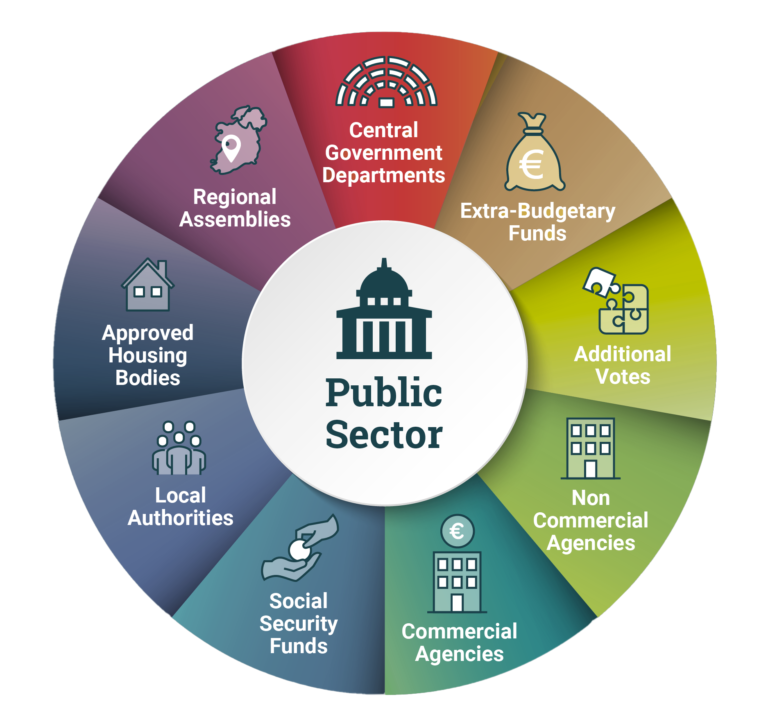
Public sector

The public sector refers to government-owned or government-controlled organizations and services that provide essential public goods and services to citizens. These services include education, healthcare, transportation, public safety, and infrastructure development, among others
- Governance: The public sector is responsible for governing the country, setting policies, and making decisions that affect the lives of citizens. This includes everything from local government to federal agencies, as well as elected officials and appointed bureaucrats
- Service Delivery: The public sector is responsible for delivering essential services to citizens, including education, healthcare, and public safety. These services are typically funded by taxes and provided free of charge or at a low cost to the public
- Regulation: The public sector is responsible for regulating various industries and sectors to ensure compliance with laws and regulations. This includes everything from environmental regulations to labor laws and financial regulations.
- Infrastructure Development: The public sector is also responsible for developing and maintaining public infrastructure, such as roads, bridges, airports, and public transportation systems. This infrastructure is essential for economic growth and the well-being of citizens
- Transparency and Accountability: The public sector is accountable to the public and is expected to operate transparently and responsibly. This includes reporting on its activities, finances, and outcomes, as well as providing opportunities for public input and feedback
